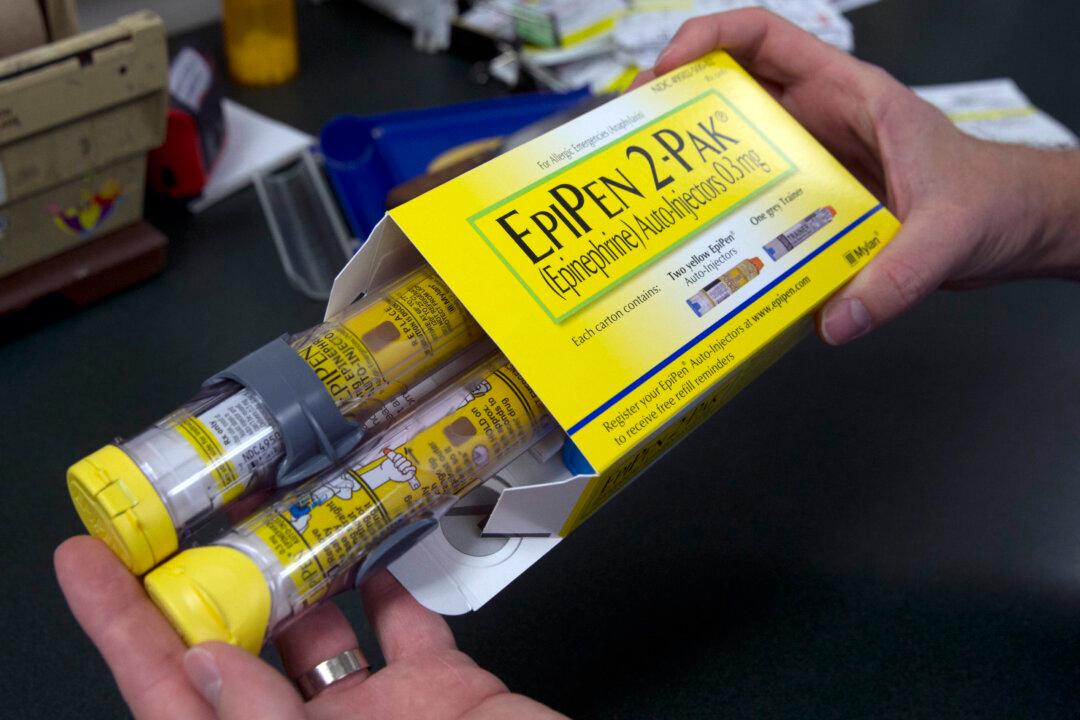Illinois became the first state in the nation to require insurance companies to pay for EpiPen injectors for children after Gov. JB Pritzker signed a bill into law.
House Bill 3435, which takes effect on Jan. 1, 2020, “provides that a policy of accident and health insurance or a managed care plan shall provide coverage for epinephrine injectors for persons 18 years of age or under.”






